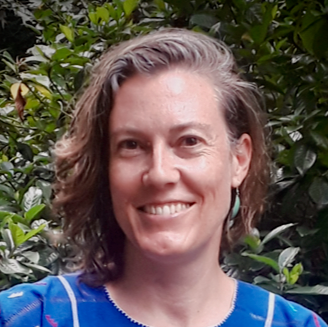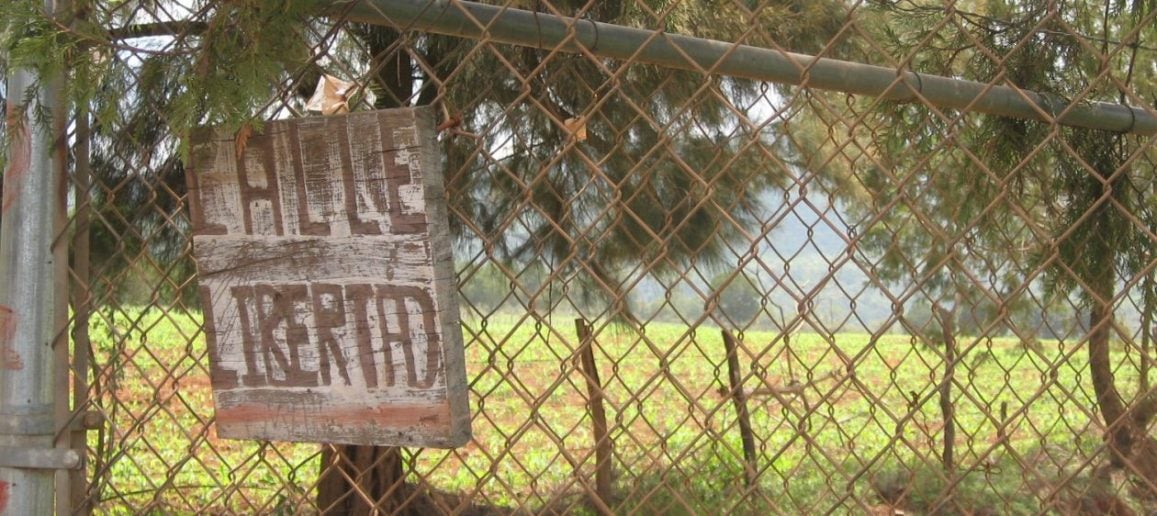Courses taught
GEOG 1000, People, places, and environment (fall & spring): This course presents a broad overview of geographic processes that shape our world. It borrows from almost all disciplines of academic study. In this class, you will learn about maps (geography’s tools), Earth’s geology and natural resources, Earth’s population patterns, Earth’s cultural patterns, Earth’s political patterns, and much more. By the end of the course, students will gain an understanding that geography is about more than just memorizing names and locations of places and features of the Earth; that geography is about understanding how the human and physical aspects of our world interact with and influence each other.
GEOG 2300, Environment and Society: This course provides an introduction to the environmental issues that society faces today. We will survey a broad range of environmental problems, cases, and questions, such as climate change, population growth, toxic waste, and biodiversity. We will also examine the intellectual traditions, authors, and historical developments that have most profoundly shaped our understanding of these issues. Keeping a constant eye on the complexities of life in the twenty-first century, we will explore the many different theories and methods that inform environmental scholarship, activism, and policy-making in a variety of cultural arenas and across geographical scales.
GEOG 3010 (WI), Social Justice and Sustainability: This course examines how social justice perspectives about power and privilege can inform our understanding of some of the most pressing environmental and sustainable issues. To do this, students will become familiar with both environmental justice and political ecology theories and methodologies and their application in a variety of contexts. We will investigate these issues in a variety of geographic contexts, both in the Global North and the Global South, while drawing out local-global linkages and connections between places. We will also explore major debates around these issues across diverse topics including, but not limited to: indigenous land rights, climate change, natural resource extraction, agriculture and food justice, and urban sustainability and de-growth.
GEOG 4320/6320, (WI): Gender, environment & development: This seminar introduces students to key debates and theoretical approaches involved in understanding the gender dimensions of human-environment interactions and international development. Through a close, critical examination of case studies, organizational reports, and scholarly analyses, we explore the ways in which the gendered division of labor and the social construction of masculinities and femininities influence perceptions, formulation, and implementation of development processes. We also examine how gender ideologies shape particular experiences of development and environmental change. Specifically, this course examines conceptual issues related to human-environment interactions, environmental policy, sustainable development, and gender studies. Topics of interest will include ecological feminism, political ecology, sustainability, environmental health issues, environmental racism, agriculture, climate change, and activism.
GEOG 4360/6360, Geographies of global climate and environmental change: This seminar will explore the social, economic, and political aspects of climate change from the perspective of human-environment geography. This includes investigating the scholarly debates and international policy regarding adapting and mitigating climatic change and the range of livelihoods caught in the middle of these debates/policies. We will interrogate the possibilities and pitfalls of current scholarly and development frameworks for building capacities at a variety of scales, and for a variety of subjects. Working from the intersection of theory, policy, and practice, we will also examine the language and ideas underlying several concepts including vulnerability, adaptation, resilience, and deforestation, among others, as well as the implications for livelihood transformation. The ultimate goal is to critically evaluate the underlying factors that constrain or enable adaptation and mitigation.
Graduate Student Thesis and Internship Projects
Thesis Chair
Miranda Lee, MS Geography candidate. Social Media and Solo-Female Travel: An examination of @GirlsLoveTravel
Jacob Twarog, MS Geography 2020, Micro Tabulation Block Resolution: Investigating Accuracy in Micro-Area Census Tabulation Blocks
Kara Chipiwalt, MS Geography 2019. Emotional Evidence of Change: Andean Highlander’s Experiences with Glacial Retreat in Peru
Camille Krecz, MA International Studies 2018. Emotions, identity, and sustainable behaviors: A study of environmental involvement in a campus community
Thesis Committee Member
Carolina Castillo, PhD Sociology, Central European University, 2021. Gender and the lived experiences of Climate Change: Vulnerabilities, adaptation capacities and resilience of smallholder farmers in Costa Rica.
Taylor Hilliard, MA Sociology, 2020. The Dakota Prison Experiment: Using Scandinavian family practices to reduce recidivism in The U.S.
Zachary Dickerson, MS Geography (Planning emphasis) 2018. Solar farm in my backyard? Resident perspectives of utility-sale solar in eastern NC
Marla Thompson, MS Geography (Planning Emphasis) 2017. “The Hostess City of the South”: Destination image, risk perception, and tourism in Savannah, GA
Anne Saville, MA Sociology 2016. Which resources matter: Resources and the impact of North Carolina Environmental Organizations
Alex Moulton, MS Geography 2015, Greenhouse Governmentality: Discourses of Rural Development and the Negotiation of Farmer Subjectivity in Jamaica
Internship Projects
Katherine Ladnier, MS Geography 2021 (Planning Emphasis), Affordable Housing In McDowell County
Isaiah Higgs, MS Geography candidate (Planning Emphasis), Evaluating the power of community members in Land Use Plans
If you are interested in working with me as a graduate student or majoring in Geography as an undergraduate, please feel free to contact me: beeb@ecu.edu.

